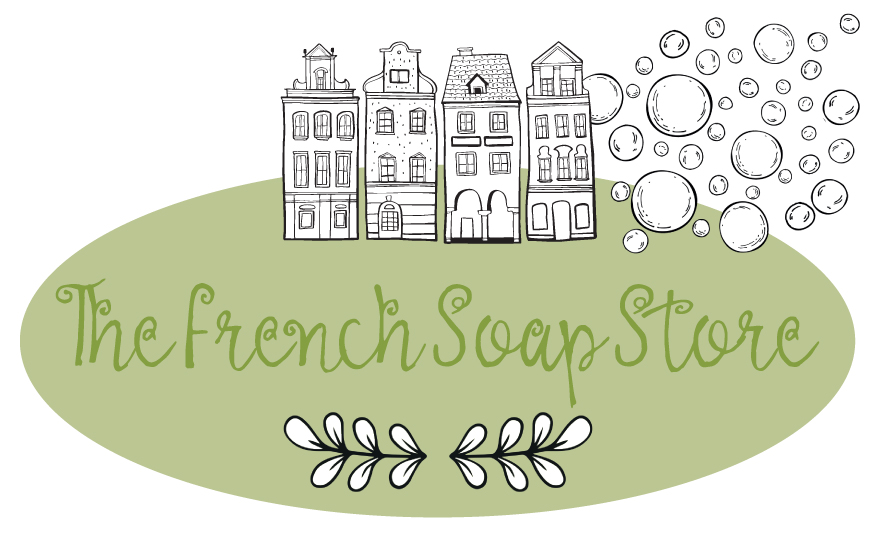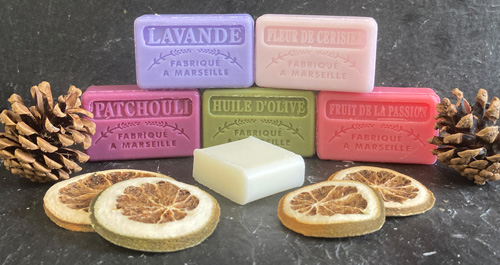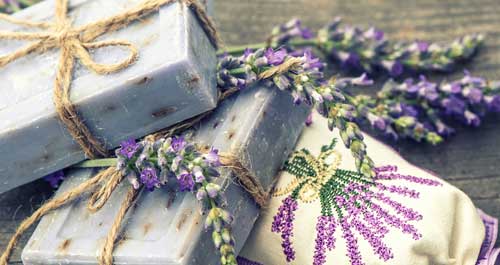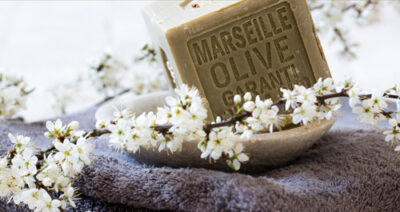 Savon de Marseille, also known as Marseille soap, has been around for over 600 years and is a staple in many households. It is known as the world’s best soap and contains many incredible cleaning capabilities while using all-natural ingredients.
Savon de Marseille, also known as Marseille soap, has been around for over 600 years and is a staple in many households. It is known as the world’s best soap and contains many incredible cleaning capabilities while using all-natural ingredients.
First produced in Marseille, France, this solid soap is made entirely from natural ingredients using vegetable oils as the primary substance. It is documented to have been first made in 1370 by soap maker Crescas Davin. In 1593, Georges Prunemoyr opened the first soap factory producing Savon de Marseille when the soap demand was growing. By the 17th century, seven factories produced around 20,000 tonnes of soap every year.
The element that made this unique to the region was the Mediterranean seawater, as the salt content helped proceed the correct consistency for the soap bar.
A variety of oils were used in the production of Savon de Marseille soap
As Marseille is a large port town in France, many oils and fats were traded, which influenced the soap’s critical ingredients. It was no longer just the locally produced olive oil, but oils such as sesame, peanut, and copra became popular ingredients. Soda ash was used as a binder and sometimes sea salt too.
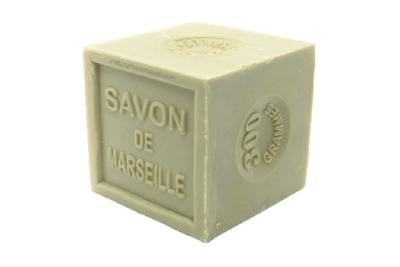 King Louis XIV valued this ancient soap so much that in the late 17th century, he introduced regulations in the Edict of Colbert, stating that any soaps named Savon de Marseille must only use olive oil and had to be made in the region of Marseille. This made a name for the soap and has given the soap its prestigious reputation across the globe. However, in more recent years, the ruling for production has changed, and other vegetable oils are allowed to be used in production. The soap has still kept to its name; however, allowing the introduction of other oils allows for more experimentation and varied products.
King Louis XIV valued this ancient soap so much that in the late 17th century, he introduced regulations in the Edict of Colbert, stating that any soaps named Savon de Marseille must only use olive oil and had to be made in the region of Marseille. This made a name for the soap and has given the soap its prestigious reputation across the globe. However, in more recent years, the ruling for production has changed, and other vegetable oils are allowed to be used in production. The soap has still kept to its name; however, allowing the introduction of other oils allows for more experimentation and varied products.
By the early 1900s, around 132 soap makers produced Savon de Marseille in France. François Merklen is known for creating the formula that makes the soap we know today. His recipe was 63% copra oil or a substitute, 9% soda ash or sea salt, and 28% water. This recipe became the basis of forming the Savon de Marseille soap that is world-famous today.
Sadly after World War II, production didn’t pick up, as more synthetic detergents and household soaps were being manufactured for a lower price. As a result of the decline in demand, as of 2000, there are only five soap producers left in Marseille.
Environmentally friendly
Although there are fewer producers of Savon de Marseille, the global demand still exists. With more understanding of the environment, we have become aware of our waters’ pollution. As a result, natural soaps like Savon de Marseille are becoming increasingly popular as an environmentally friendly option.
The French Soap Store has a variety of Savon de Marseille soaps, all are handmade with a minimum of 72% olive or vegetable oil, this iconic natural block of soap can be used to clean everything from stone floors to sensitive faces. Shop now>.
Written by Becca Marsh
